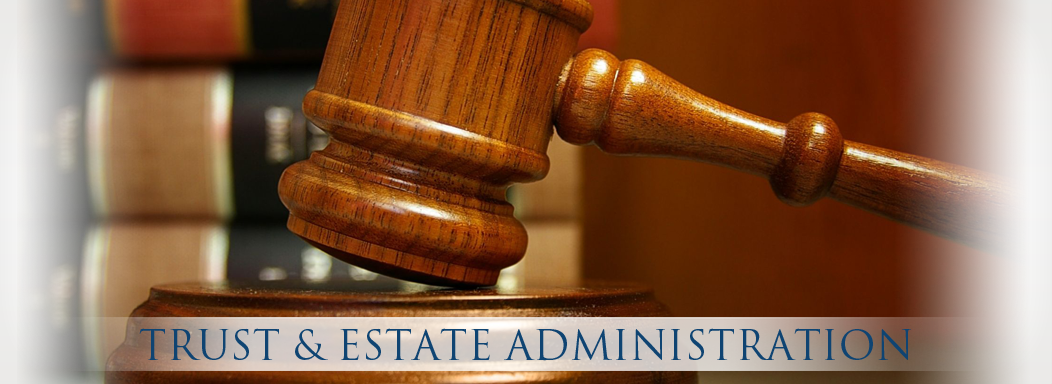In recent years a number of non-lawyers have started businesses offering Medicaid planning services to seniors. While using one of these services may be cheaper than hiring a lawyer, the overall costs may be far greater.
If you use a non-lawyer to do Medicaid planning, the person offering services may not have any legal knowledge or training. Bad advice can lead seniors to purchase products or take actions that won’t help them qualify for Medicaid and may actually make it more difficult. The consequences of taking bad advice can include the denial of benefits, a Medicaid penalty period, or tax liability.
As a result of problems that have arisen from non-lawyers offering Medicaid planning services, a few states (Florida, Ohio, New Jersey, and Tennessee) have issued regulations or guidelines providing that Medicaid planning by non-lawyers will be considered the unauthorized practice of law.
For example, in New Jersey, a non-lawyer may NOT provide legal advice on issues such as:
- Medicaid eligibility, including provisions of wills and powers of attorney;
- On the need for guardianships and the authority to transfer assets;
- On nursing home laws;
- On transfers of property;
- On the impact of marriage and divorce; or
- On estate administration and the elective share.
All of these issues can be important to a Medicaid applicant.
Only lawyers can provide advice on:
- Strategies to become eligible for Medicaid;
- Spending down resources;
- Tax implications;
- Guardianships;
- Sale or transfers of assets;
- Creation of trusts or service contracts and the like.
Applying for Medicaid is a highly technical and complex process. A lawyer knowledgeable about Medicaid law can help applicants navigate this process. An attorney may be able to help your family find significant financial savings or better care for you or your loved one. This may involve the use of trusts, transfers of assets, purchase of annuities or increased income and resource allowances for the healthy spouse.











